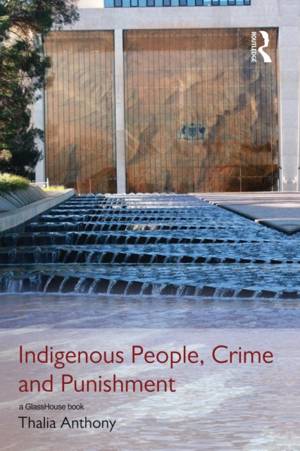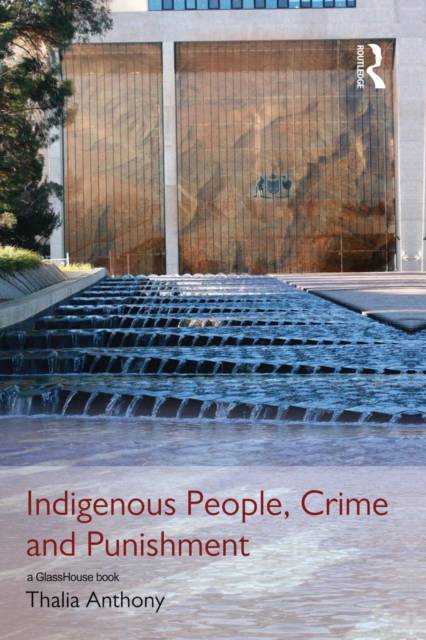
- Afhalen na 1 uur in een winkel met voorraad
- Gratis thuislevering in België vanaf € 30
- Ruim aanbod met 7 miljoen producten
- Afhalen na 1 uur in een winkel met voorraad
- Gratis thuislevering in België vanaf € 30
- Ruim aanbod met 7 miljoen producten
Zoeken
€ 100,95
+ 201 punten
Uitvoering
Omschrijving
Indigenous People, Crime and Punishment examines criminal sentencing courts' changing characterisations of Indigenous peoples' identity, culture and postcolonial status. Focusing largely on Australian Indigenous peoples, but referring also to the Canadian and New Zealand experiences, Thalia Anthony critically analyzes how the judiciary have interpreted Indigenous difference. Through an analysis of Indigenous sentencing decisions and remarks over a fifty year period in a number of jurisdictions, the book demonstrates how discretion is moulded to cultural assumptions about Indigeneity. More specifically, Indigenous People, Crime and Punishment shows how the increasing demonisation of Indigenous criminality and culture in sentencing has turned earlier 'gains' in the legal recognition of Indigenous peoples on their head. The recognition of Indigenous difference is thereby revealed as a pliable concept that is just as likely to remove rights as it is to grant them.
Specificaties
Betrokkenen
- Auteur(s):
- Uitgeverij:
Inhoud
- Aantal bladzijden:
- 272
- Taal:
- Engels
Eigenschappen
- Productcode (EAN):
- 9780415831598
- Verschijningsdatum:
- 22/05/2015
- Uitvoering:
- Paperback
- Formaat:
- Trade paperback (VS)
- Afmetingen:
- 156 mm x 234 mm
- Gewicht:
- 385 g

Alleen bij Standaard Boekhandel
+ 201 punten op je klantenkaart van Standaard Boekhandel
Beoordelingen
We publiceren alleen reviews die voldoen aan de voorwaarden voor reviews. Bekijk onze voorwaarden voor reviews.







